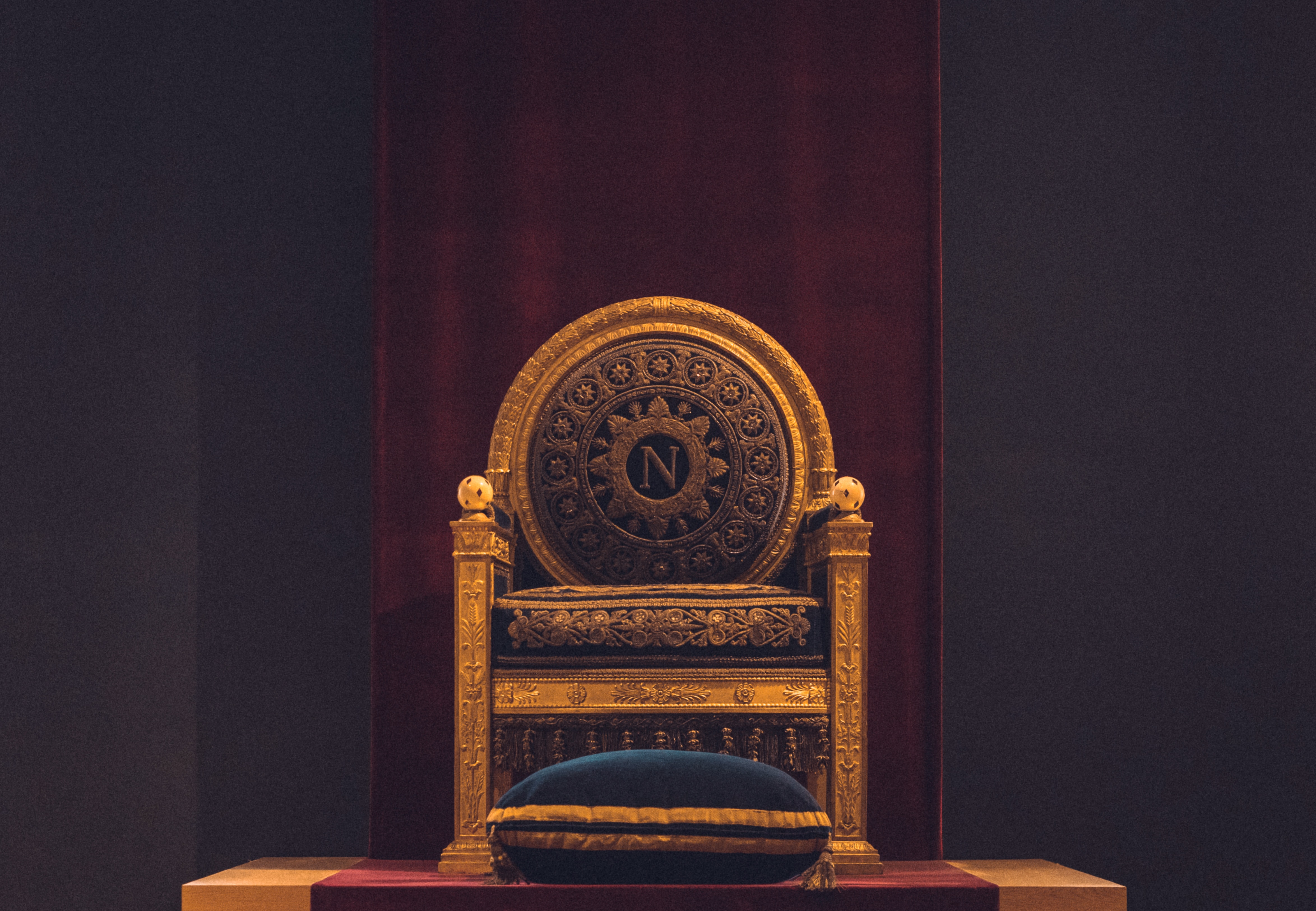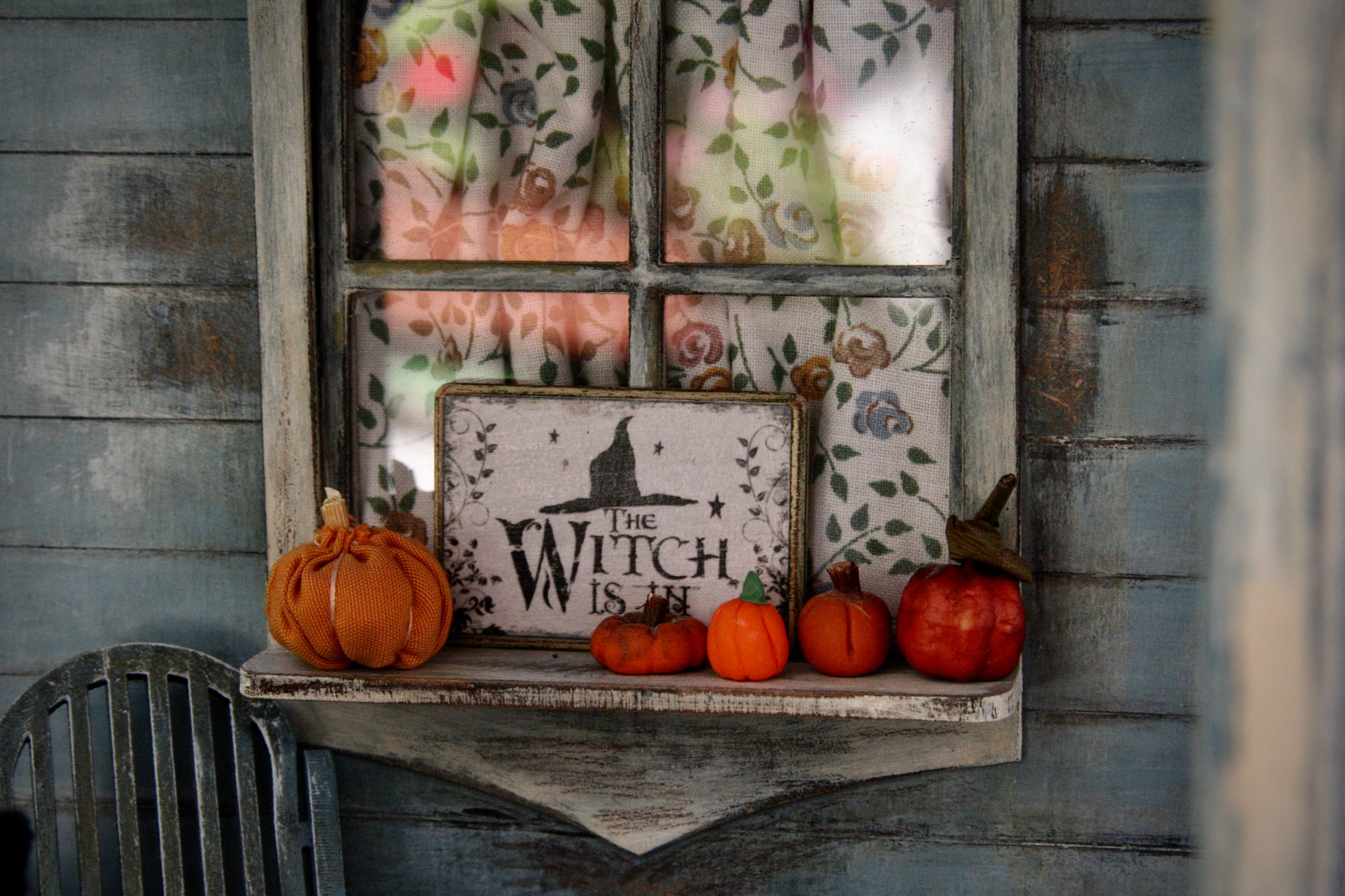Modern day affliction
If you’re ever bored with reading the same old, same old thing and are looking for a book that encompasses information from more than one subject area without wanting to: a) put you to sleep by induced boredom b) slap you across the forehead with a library’s worth or regurgitated information or c) spread one idea over several hundred pages that’s thinner than Kim K’s latest dress than you are in luck my friend because this book is quite the page turner!
One of my favorite things is to read sort-of doom’s day theories about what’s wrong with the world today and how we’re all going to end up alone and/or depressed. I do that mostly out of amusement because some article/book writers confuse correlation with causality and others stop before they even reach the first. So basically they’re just agitating us for the sake of…fandom.
 So imagine my very pleasant surprise when not only did I find a book with a very nice introduction, one that sells you on the idea that it presents, but also with contents to match the first 20 or so pages.
James Wallman deserves a big pat on the back for approaching the modern day affliction of stuffocation – the equivalent of obesity if material possessions were like food – from a myriad of angles.
Stuffocation. Living More With Less is split into five parts which turn the issue of materialism on its head and offer solutions to the problem and to its mutations, because as I’ve come to read experimentalism doesn’t come without its fair share of problems in the day and age of FOMO (fear of missing out) and social media.
So imagine my very pleasant surprise when not only did I find a book with a very nice introduction, one that sells you on the idea that it presents, but also with contents to match the first 20 or so pages.
James Wallman deserves a big pat on the back for approaching the modern day affliction of stuffocation – the equivalent of obesity if material possessions were like food – from a myriad of angles.
Stuffocation. Living More With Less is split into five parts which turn the issue of materialism on its head and offer solutions to the problem and to its mutations, because as I’ve come to read experimentalism doesn’t come without its fair share of problems in the day and age of FOMO (fear of missing out) and social media.
 First we’re presented with the problem and the cause via a trip back in time when the key to an ever increasing offer versus a shortage in demand was to instigate the fine gentlemen of the ad world into coining up new ways to sells us stuff that we don’t really need. Stuff that would soone break down and need replacing.
Then came the equation that more stuff = more happiness. And for the cherry on top just add a dash of Keeping up with the Jones to keep you going like the hamster that you are, running on the not so invisible wheel of capitalism and consumerism.
The change in behavior isn’t spoon fed or badgered into the reader’s head but instead pointed out through different examples of what the “More! More! More!” mentality leads to – depression, debt, hoarders, death by accident or by fires that are impossible to put out due to the accumulation of goods, mostly unused and usually over appreciated.
The solution for closing the hole that keeps on getting bigger and bigger with every purchase is exactly the reverse. Or more likely don’t spend money on material goods, spend them on experiences that stay with you longer and that make you happy before, during and long after they’ve happened.
The rise of the experimentalists, as the author calls this movement of anti-consumerism, could catch on fast given the increasing number of people that go back to the simple life, that try to downsize and the new generation that isn’t as easy to fool or as gullible as the previous ones were. However this still doesn’t save us from the downfall that is social media and its culture of immediate posting and upgrading the Jones to a virtual medium where you try to outpost your friends with snapshots of how you’re living in the now and you’re experiencing life one exotic trip at a time.
Between all this and the medium chill, you know that way of life you chase that gives you just the right balance between making a living and having the time to enjoy the finer things in life, I was hooked and couldn’t put the book down for several hours, as I kept on nodding my head in agreement that materialism is more or less the devil’s tool.
OK, maybe I’m exaggerating a bit but I do give its author credit for comparing this insane chase for accumulating goods to obesity.
Because in a way you’re feeding you money to goods that may never get used, to status symbols that put more pressure on us to climb a ladder that is crushing at times and that turns us into mini Gordon Gekos in the sense that greed is good. It might have worked for Wall Street in the ’80 but wake up and smell the organic chai latte and get over yourself and your sense of want of things that you don’t need.
So if you’re questioning the system even a little bit and thinking that all this running around over more money, more purchases, more status symbol goods is nonsense then give Stuffocation an afternoon of your life and you won’t regret it!
+ STRENGTHS
The idea of stuffocation and how it is delivered through different subject areas and through different examples of people that have gone minimalist for a better way of life without becoming Buddhist monks in terms of giving up all worldly possessions.
- WEAKNESSES
For all the people that are weighted down by the perpetual chase of status, money and keeping up with the Jones. For those in search of balance and maybe a new way of life. For those that go against the system and raise a middle finger to The Man.
[Recenzie scrisă de Calina Matei pentru Okian; a apărut inițial pe bookblog.ro].
First we’re presented with the problem and the cause via a trip back in time when the key to an ever increasing offer versus a shortage in demand was to instigate the fine gentlemen of the ad world into coining up new ways to sells us stuff that we don’t really need. Stuff that would soone break down and need replacing.
Then came the equation that more stuff = more happiness. And for the cherry on top just add a dash of Keeping up with the Jones to keep you going like the hamster that you are, running on the not so invisible wheel of capitalism and consumerism.
The change in behavior isn’t spoon fed or badgered into the reader’s head but instead pointed out through different examples of what the “More! More! More!” mentality leads to – depression, debt, hoarders, death by accident or by fires that are impossible to put out due to the accumulation of goods, mostly unused and usually over appreciated.
The solution for closing the hole that keeps on getting bigger and bigger with every purchase is exactly the reverse. Or more likely don’t spend money on material goods, spend them on experiences that stay with you longer and that make you happy before, during and long after they’ve happened.
The rise of the experimentalists, as the author calls this movement of anti-consumerism, could catch on fast given the increasing number of people that go back to the simple life, that try to downsize and the new generation that isn’t as easy to fool or as gullible as the previous ones were. However this still doesn’t save us from the downfall that is social media and its culture of immediate posting and upgrading the Jones to a virtual medium where you try to outpost your friends with snapshots of how you’re living in the now and you’re experiencing life one exotic trip at a time.
Between all this and the medium chill, you know that way of life you chase that gives you just the right balance between making a living and having the time to enjoy the finer things in life, I was hooked and couldn’t put the book down for several hours, as I kept on nodding my head in agreement that materialism is more or less the devil’s tool.
OK, maybe I’m exaggerating a bit but I do give its author credit for comparing this insane chase for accumulating goods to obesity.
Because in a way you’re feeding you money to goods that may never get used, to status symbols that put more pressure on us to climb a ladder that is crushing at times and that turns us into mini Gordon Gekos in the sense that greed is good. It might have worked for Wall Street in the ’80 but wake up and smell the organic chai latte and get over yourself and your sense of want of things that you don’t need.
So if you’re questioning the system even a little bit and thinking that all this running around over more money, more purchases, more status symbol goods is nonsense then give Stuffocation an afternoon of your life and you won’t regret it!
+ STRENGTHS
The idea of stuffocation and how it is delivered through different subject areas and through different examples of people that have gone minimalist for a better way of life without becoming Buddhist monks in terms of giving up all worldly possessions.
- WEAKNESSES
For all the people that are weighted down by the perpetual chase of status, money and keeping up with the Jones. For those in search of balance and maybe a new way of life. For those that go against the system and raise a middle finger to The Man.
[Recenzie scrisă de Calina Matei pentru Okian; a apărut inițial pe bookblog.ro].
 So imagine my very pleasant surprise when not only did I find a book with a very nice introduction, one that sells you on the idea that it presents, but also with contents to match the first 20 or so pages.
James Wallman deserves a big pat on the back for approaching the modern day affliction of stuffocation – the equivalent of obesity if material possessions were like food – from a myriad of angles.
Stuffocation. Living More With Less is split into five parts which turn the issue of materialism on its head and offer solutions to the problem and to its mutations, because as I’ve come to read experimentalism doesn’t come without its fair share of problems in the day and age of FOMO (fear of missing out) and social media.
So imagine my very pleasant surprise when not only did I find a book with a very nice introduction, one that sells you on the idea that it presents, but also with contents to match the first 20 or so pages.
James Wallman deserves a big pat on the back for approaching the modern day affliction of stuffocation – the equivalent of obesity if material possessions were like food – from a myriad of angles.
Stuffocation. Living More With Less is split into five parts which turn the issue of materialism on its head and offer solutions to the problem and to its mutations, because as I’ve come to read experimentalism doesn’t come without its fair share of problems in the day and age of FOMO (fear of missing out) and social media.
 First we’re presented with the problem and the cause via a trip back in time when the key to an ever increasing offer versus a shortage in demand was to instigate the fine gentlemen of the ad world into coining up new ways to sells us stuff that we don’t really need. Stuff that would soone break down and need replacing.
Then came the equation that more stuff = more happiness. And for the cherry on top just add a dash of Keeping up with the Jones to keep you going like the hamster that you are, running on the not so invisible wheel of capitalism and consumerism.
The change in behavior isn’t spoon fed or badgered into the reader’s head but instead pointed out through different examples of what the “More! More! More!” mentality leads to – depression, debt, hoarders, death by accident or by fires that are impossible to put out due to the accumulation of goods, mostly unused and usually over appreciated.
The solution for closing the hole that keeps on getting bigger and bigger with every purchase is exactly the reverse. Or more likely don’t spend money on material goods, spend them on experiences that stay with you longer and that make you happy before, during and long after they’ve happened.
The rise of the experimentalists, as the author calls this movement of anti-consumerism, could catch on fast given the increasing number of people that go back to the simple life, that try to downsize and the new generation that isn’t as easy to fool or as gullible as the previous ones were. However this still doesn’t save us from the downfall that is social media and its culture of immediate posting and upgrading the Jones to a virtual medium where you try to outpost your friends with snapshots of how you’re living in the now and you’re experiencing life one exotic trip at a time.
Between all this and the medium chill, you know that way of life you chase that gives you just the right balance between making a living and having the time to enjoy the finer things in life, I was hooked and couldn’t put the book down for several hours, as I kept on nodding my head in agreement that materialism is more or less the devil’s tool.
OK, maybe I’m exaggerating a bit but I do give its author credit for comparing this insane chase for accumulating goods to obesity.
Because in a way you’re feeding you money to goods that may never get used, to status symbols that put more pressure on us to climb a ladder that is crushing at times and that turns us into mini Gordon Gekos in the sense that greed is good. It might have worked for Wall Street in the ’80 but wake up and smell the organic chai latte and get over yourself and your sense of want of things that you don’t need.
So if you’re questioning the system even a little bit and thinking that all this running around over more money, more purchases, more status symbol goods is nonsense then give Stuffocation an afternoon of your life and you won’t regret it!
+ STRENGTHS
The idea of stuffocation and how it is delivered through different subject areas and through different examples of people that have gone minimalist for a better way of life without becoming Buddhist monks in terms of giving up all worldly possessions.
- WEAKNESSES
For all the people that are weighted down by the perpetual chase of status, money and keeping up with the Jones. For those in search of balance and maybe a new way of life. For those that go against the system and raise a middle finger to The Man.
[Recenzie scrisă de Calina Matei pentru Okian; a apărut inițial pe bookblog.ro].
First we’re presented with the problem and the cause via a trip back in time when the key to an ever increasing offer versus a shortage in demand was to instigate the fine gentlemen of the ad world into coining up new ways to sells us stuff that we don’t really need. Stuff that would soone break down and need replacing.
Then came the equation that more stuff = more happiness. And for the cherry on top just add a dash of Keeping up with the Jones to keep you going like the hamster that you are, running on the not so invisible wheel of capitalism and consumerism.
The change in behavior isn’t spoon fed or badgered into the reader’s head but instead pointed out through different examples of what the “More! More! More!” mentality leads to – depression, debt, hoarders, death by accident or by fires that are impossible to put out due to the accumulation of goods, mostly unused and usually over appreciated.
The solution for closing the hole that keeps on getting bigger and bigger with every purchase is exactly the reverse. Or more likely don’t spend money on material goods, spend them on experiences that stay with you longer and that make you happy before, during and long after they’ve happened.
The rise of the experimentalists, as the author calls this movement of anti-consumerism, could catch on fast given the increasing number of people that go back to the simple life, that try to downsize and the new generation that isn’t as easy to fool or as gullible as the previous ones were. However this still doesn’t save us from the downfall that is social media and its culture of immediate posting and upgrading the Jones to a virtual medium where you try to outpost your friends with snapshots of how you’re living in the now and you’re experiencing life one exotic trip at a time.
Between all this and the medium chill, you know that way of life you chase that gives you just the right balance between making a living and having the time to enjoy the finer things in life, I was hooked and couldn’t put the book down for several hours, as I kept on nodding my head in agreement that materialism is more or less the devil’s tool.
OK, maybe I’m exaggerating a bit but I do give its author credit for comparing this insane chase for accumulating goods to obesity.
Because in a way you’re feeding you money to goods that may never get used, to status symbols that put more pressure on us to climb a ladder that is crushing at times and that turns us into mini Gordon Gekos in the sense that greed is good. It might have worked for Wall Street in the ’80 but wake up and smell the organic chai latte and get over yourself and your sense of want of things that you don’t need.
So if you’re questioning the system even a little bit and thinking that all this running around over more money, more purchases, more status symbol goods is nonsense then give Stuffocation an afternoon of your life and you won’t regret it!
+ STRENGTHS
The idea of stuffocation and how it is delivered through different subject areas and through different examples of people that have gone minimalist for a better way of life without becoming Buddhist monks in terms of giving up all worldly possessions.
- WEAKNESSES
For all the people that are weighted down by the perpetual chase of status, money and keeping up with the Jones. For those in search of balance and maybe a new way of life. For those that go against the system and raise a middle finger to The Man.
[Recenzie scrisă de Calina Matei pentru Okian; a apărut inițial pe bookblog.ro]. 







